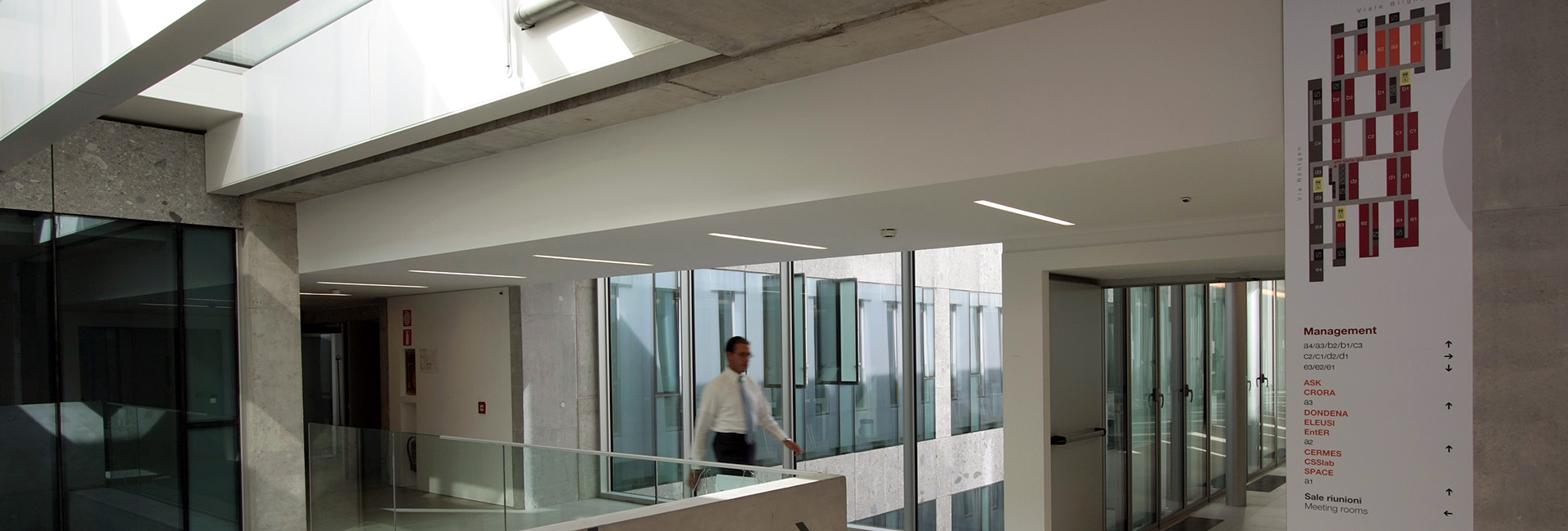ALESSANDRO IORIO

Courses a.y. 2023/2024
Courses previous a.y.
Biographical note
I am an assistant professor in Bocconi University’s Department of Management and Technology. I received my Ph.D. in Organizational Behavior and Theory from the Tepper School of Business at Carnegie Mellon University, where I was awarded the Herbert A. Simon Doctoral Dissertation Award in Behavioral Research in the Administrative Sciences. Prior to my doctoral studies, I received a Master of Science in Management from Bocconi University and a Bachelor of Science in Economics and Management from University of Rome Tor Vergata.
My research uses a multimethod approach to understand how social networks create competitive advantage for individuals and organizations. I am also interested in investigating the origins and evolution of social network structures, with special emphasis on the link between formal organizational arrangements and informal social relationships. My work has been published in Administrative Science Quarterly, Academy of Management Journal, Organizational Behavior and Human Decision Processes, and Journal of Personality. I am in the Editorial Review Board at Organization Science and I serve as an ad-hoc reviewer for several journals, including Administrative Science Quarterly, Academy of Management Journal, Management Science, Journal of Management, and Journal of Management Studies.
Research interests
How do people derive advantages from their social networks? Although prior research has demonstrated the importance of social structures in providing opportunities to achieve superior performance, the mechanisms through which these opportunities may (or may not) translate into concrete performance benefits remain largely unexplored. I am developing a research program, at the intersection of organization theory and strategic management, that investigates why some individuals are able to extract more benefits from their workplace social structures than others. Furthermore, in addition to investigating the mechanisms underpinning network advantage, I am also interested in studying how social networks emerge and change over time, with a particular emphasis on the relationship between an organization’s formal structure and its informal networks. In this second line of research, I examine how both situational and dispositional factors affect how people informally connect with each other.
Working papers
Stepping out of your comfort zone? Need for closure, (in)formal structures, and individual performance
The (un)intended consequences of network interventions on employees' centrality and turnover
To bridge or not to bridge? How power and status affect brokerage processes
Selected Publications
Brokers in disguise: the interplay of actual brokerage and socially perceived brokerage on network advantage
ADMINISTRATIVE SCIENCE QUARTERLY, Forthcoming
The valley of trust: the effect of relational strength on monitoring quality
ORGANIZATIONAL BEHAVIOR AND HUMAN DECISION PROCESSES, Forthcoming
Harvesting value from brokerage: individual strategic orientation, structural holes, and performance
ACADEMY OF MANAGEMENT JOURNAL, 2018
Organizing for misconduct: a social network lens on collective corporate corruption
RESEARCH IN ORGANIZATIONAL BEHAVIOR, 2023





